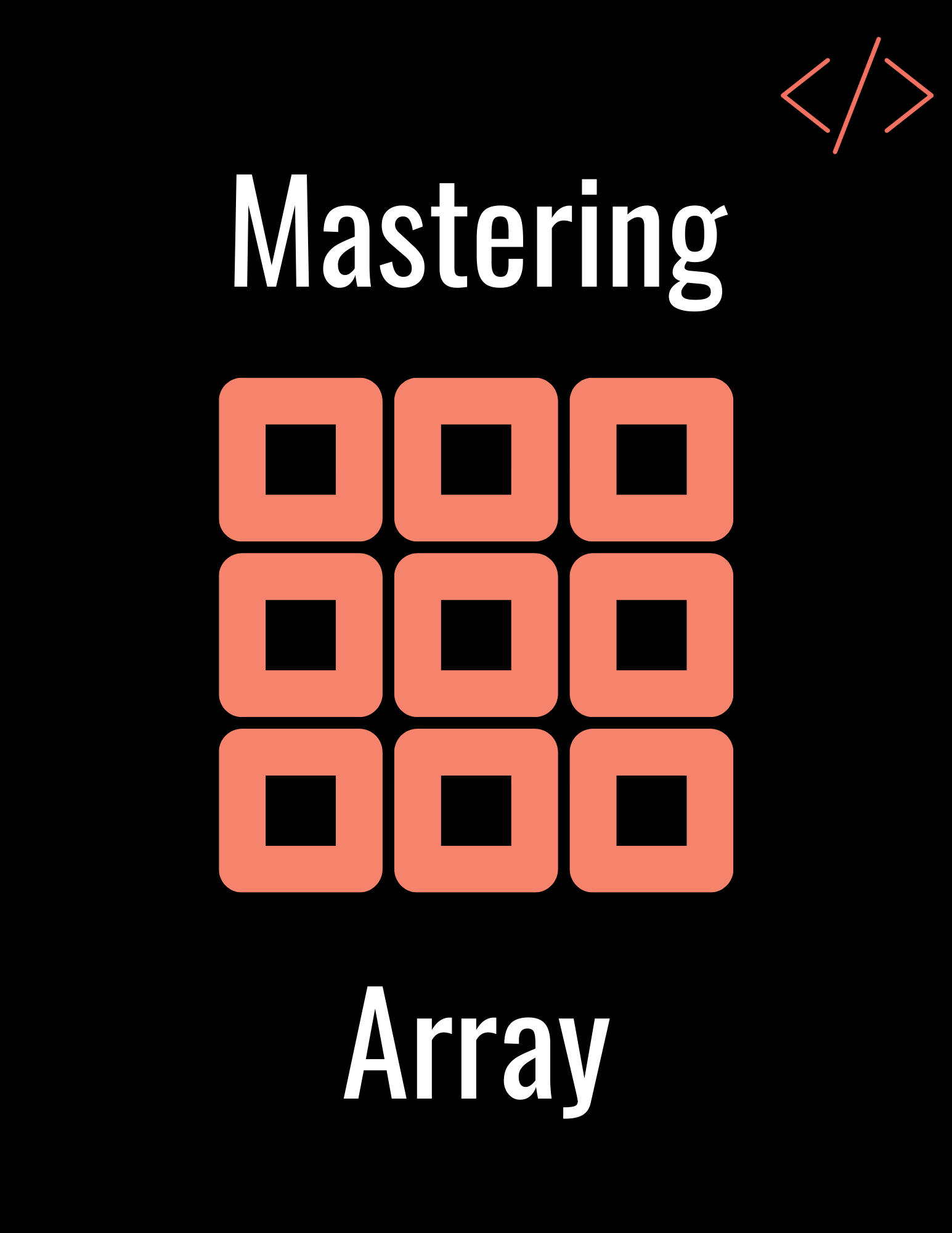Question
A composite magic number is a positive integer which is composite as well as a magic number.
Composite number: A composite number is a number that has more than two factors.
For example: 10
Factors are: 1, 2, 5, 10.
Magic number: A magic number is a number in which the eventual sum of the digits is equal to 1.
For example: 28
2 + 8 = 10.
1 + 0 = 1.
Accept two positive integers ‘m’ and ‘n’, where m is less than n as user input. Display the number of composite magic integers that are in the range between ‘m’ and ‘n’ (both inclusive) and output them along with the frequency, in the format specified below.
Test your program with the sample data and some random data:
Example 1:
INPUT:
m = 10
n = 100
OUTPUT:
THE COMPOSITE MAGIC INTEGERS ARE:
10, 28, 46, 55, 64, 82, 91, 100
FREQUENCY OF COMPOSITE MAGIC INTEGERS IS: 8
Example 2:
INPUT:
m = 1200
n = 1300
OUTPUT:
THE COMPOSITE MAGIC INTEGERS ARE:
1207, 1216, 1225, 1234, 1243, 1252, 1261, 1270, 1288
FREQUENCY OF COMPOSITE MAGIC INTEGERS IS: 9
Example 3:
INPUT:
m = 120
n = 99
OUTPUT:
INVALID INPUTShare code with your friends
Share on whatsapp
Share on facebook
Share on twitter
Share on telegram
Code
import java.util.Scanner;
public class CompositeMagicNumber
{
public static boolean isMagic(int num)
{
while(num > 9)
{
num = sumOfDigits(num);
}
if(num==1)
{
return true;
}
else
{
return false;
}
}
public static int sumOfDigits(int num)
{
int sum = 0;
while(num > 0)
{
sum += num % 10;
num /= 10;
}
return sum;
}
public static boolean isComposite(int num)
{
int c = 0,i=0;
for(i = 1; i <= num; i++)
{
if(num % i == 0)
{
c++;
}
}
if(c>2)
{
return true;
}
else
{
return false;
}
}
public static void main(String args[])
{
int m=0,n=0,count=0,i=0;
Scanner sc=new Scanner(System.in);
System.out.print("m = ");
m = Math.abs(sc.nextInt());
System.out.print("n = ");
n = Math.abs(sc.nextInt());
if(m >= n)
{
System.out.println("INVALID INPUT");
}
else
{
count = 0;
System.out.println("THE COMPOSITE MAGIC INTEGERS ARE:");
for(i = m; i <= n; i++)
{
if(isComposite(i) && isMagic(i))
{
if(count == 0)
{
System.out.print(i);
}
else
{
System.out.print(", " + i);
}
count++;
}
}
System.out.println("\nFREQUENCY OF COMPOSITE MAGIC INTEGERS IS: " + count);
}
}
}Coding Store
Sale


ISC QUESTION PAPERS WITH SOLUTION(PROGRAMMING ONLY)
Sale


ICSE QUESTION PAPER WITH SOLUTION(PROGRAMMING ONLY)
Sale


ISC QUESTION PAPERS WITH SOLUTION(PROGRAMMING ONLY)
Sale


ICSE QUESTION PAPER WITH SOLUTION(PROGRAMMING ONLY)
Sale


ISC QUESTION PAPERS WITH SOLUTION(PROGRAMMING ONLY)
Sale










